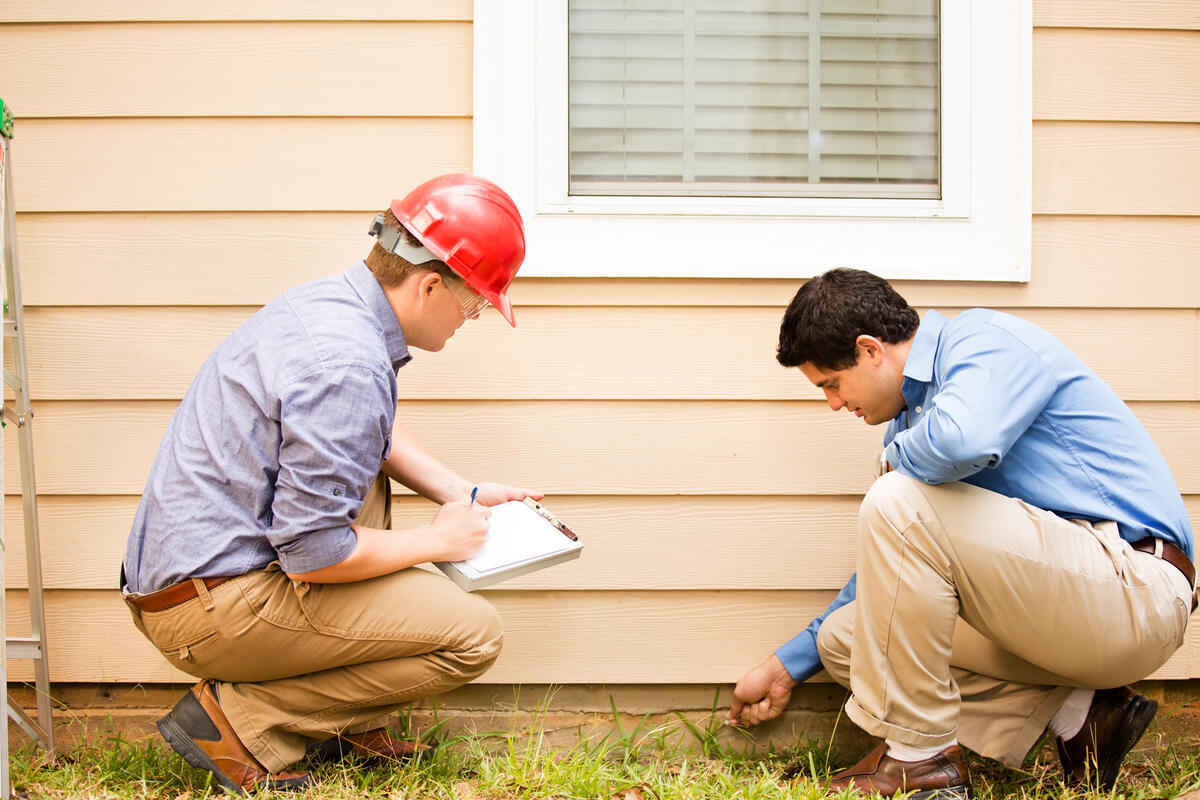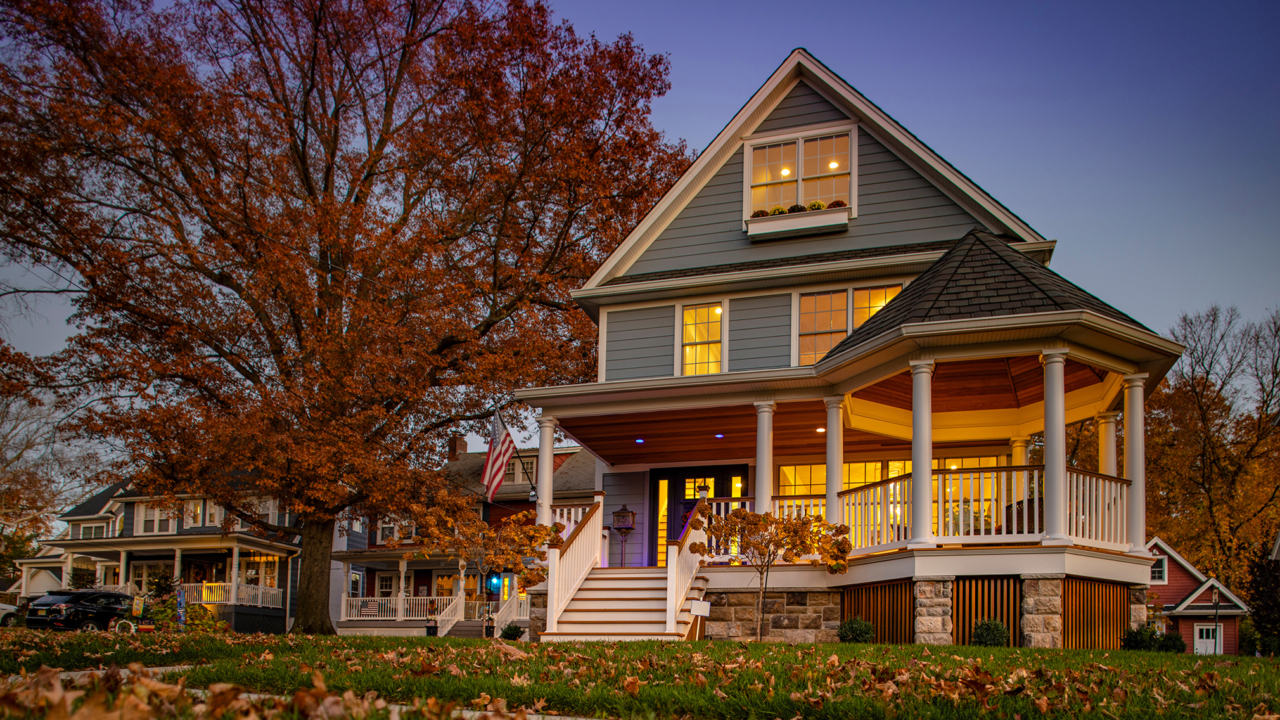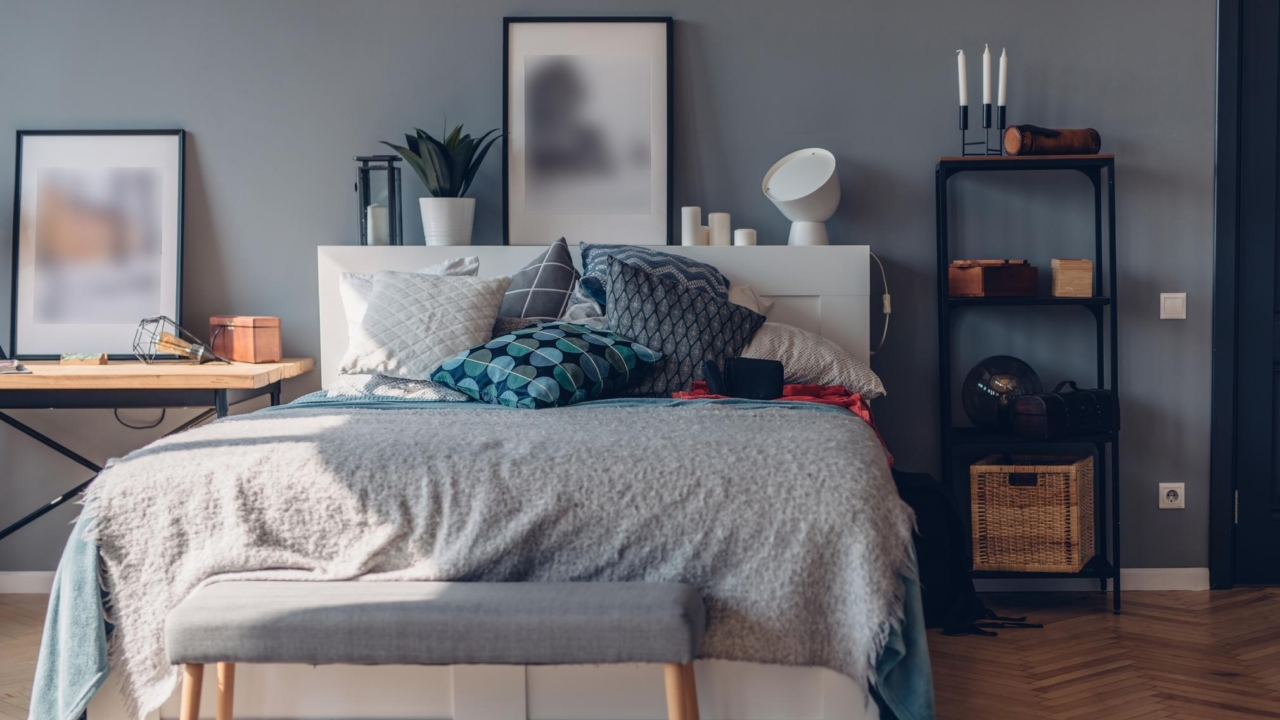Buying a House with Cash vs. Mortgage


Written by Jennifer Lyons on September 30, 2025
Reviewed by Orphe Divounguy and Jeff Rankin, Edited by Alycia Lucio
When purchasing a home, one of the biggest decisions you’ll need to make is how to pay for it. Should you buy with cash and own your home outright? Or should you take out a mortgage and potentially keep more of your cash available for other goals? Each option comes with its own set of benefits and challenges.
The primary difference lies in the structure of the payment: a mortgage involves borrowing money and repaying it steadily over many years through monthly payments, while buying with cash means making a one-time, lump sum payment and taking ownership of your home immediately without a lender’s security interest on the home. By understanding both approaches, you can choose the path that best aligns with your financial goals and personal circumstances.
Below, we’ll explore the differences between buying a house with cash versus a mortgage and share insights to help guide your decision.
Differences between a cash offer and a mortgage
Ownership stake
With a mortgage, you borrow money from a lender and repay it over time with interest. Technically, the bank has a security interest on the home until you’ve fully paid off the loan. In contrast, buying with cash means you pay the full price upfront, giving you immediate free and clear ownership of the property without a lender’s lien.
Upfront costs
A mortgage typically requires a lower upfront cost. You’ll pay a down payment, usually between 3% and 20% of the home's price. In addition, you’ll pay for closing costs, which include appraisal fees and various lender-related charges.
Cash buyers need the entire purchase price in liquid funds. That said, they often benefit from reduced closing costs because they avoid fees tied to loan origination, underwriting, and lender required appraisals. Cash buyers are still typically on the hook for charges related to the title, escrow, attorney fees, and transfer and recording taxes and fees.
Mortgage interest
With a mortgage, you’ll pay interest to your lender over the life of the loan, often increasing the overall cost of the home significantly. Here’s an example from our amortization calculator. If you borrowed $300,000 with a 30-year fixed rate of 6%, you’d pay $300,000 in principal over the life of the loan, and $347,515 in interest—for a total cost of $647,515.
Cash buyers, on the other hand, avoid interest entirely, meaning their total cost is simply the home's price plus standard closing costs like taxes and title fees.
Speed and simplicity
Buying with a mortgage tends to be slower, due to steps like loan approval and underwriting. The closing process can take 30–60 days or more.
Paying with cash is typically much faster, sometimes closing in just a few days to a couple of weeks, with fewer hurdles and contingencies.
Leverage and liquidity
Mortgages let buyers purchase homes without depleting their liquid assets, allowing them to keep cash available for investments, emergencies, or other expenses.
Cash buyers commit a large amount of liquid capital upfront, which may limit their financial flexibility in the short term.
Risk and financial flexibility
Taking on a mortgage adds a monthly debt obligation and the risk of foreclosure if payments aren’t made.
Cash buyers have no monthly payments, reducing financial stress and removing the risk of losing the home due to loan default.
Negotiation power
Financed offers may include contingencies that make sellers view them as less reliable. For example, a financing contingency lets a buyer back out of the deal if their financing falls through for any reason.
Cash offers are often seen as stronger and more secure, because they often come with waived contingencies or fewer contingencies than financed offers. This gives cash buyers an edge in negotiations, whether on price, closing date, or other terms.
Do you need a mortgage to buy a house?
No, you don’t need a mortgage to buy a house, but it’s the most common route to homeownership. While buying a home with cash is certainly an option if you have the funds available, 70% of homebuyers finance their purchase with a mortgage, according to a 2024 Zillow survey, underscoring just how common and essential this option is for most buyers.
Benefits of using a mortgage
Maintain financial flexibility
A mortgage allows you to preserve cash for other needs or opportunities, such as investing in the stock market or building an emergency fund. Keeping liquidity can offer more financial stability, especially in times of uncertainty.
Example: Long-term investments in low-cost index funds, like the S&P 500, have historically yielded an average return of 7–10% annually, far exceeding typical mortgage rates.
Take advantage of tax deductions
Under certain conditions, mortgage interest payments are tax-deductible for individuals who itemize their deductions. This tax benefit can help offset some of the borrowing costs and make homeownership more affordable over time.
Build credit and financial history
A mortgage allows you to build or improve your credit profile by making consistent, on-time payments. A strong credit history can be valuable for future financial needs, such as loans or refinancing.
Avoid depleting savings
Rather than tying up a large sum in your home, using a mortgage lets you keep funds set aside for emergencies or other goals. Having a financial cushion is especially important for unexpected events like medical expenses or a sudden loss of income.
Drawbacks of using a mortgage
Additional costs
Mortgage interest accumulates over the life of the loan, often adding up to a total cost far above the home’s purchase price. Monthly payments can also strain your budget and limit your financial flexibility.
Market risks
Because mortgages involve leverage, a downturn in the housing market could lead to negative equity, where you owe more than your home is worth. This can complicate refinancing or selling your home.
Complexity
Securing a mortgage involves multiple steps, like underwriting, credit checks, and income verification. The loan approval process can be time-consuming and may delay your ability to close on a home quickly, without the proper mortgage preparation. Make sure you communicate regularly with your loan officer to streamline the process.
Should I pay cash for a house?
The decision to purchase a home with cash depends on your financial situation, lifestyle goals, and comfort level. Ask yourself these questions to help determine the best route for you:
- Do I have adequate savings or investments left for emergencies?
- Am I comfortable missing out on potential returns from alternative investments?
- Do I value the simplicity of owning my home outright over the flexibility of keeping liquid assets?
If the answer to these questions points toward making a cash purchase, the benefits of security, simplicity, and savings may outweigh the drawbacks.
The pros of buying a home with cash
No monthly mortgage payments
Paying in cash means you own your home outright. This eliminates the need for monthly mortgage payments, freeing up your finances for other priorities like savings, travel, or home improvements.
You save on interest and fees
Without a mortgage, you avoid fees such as lender-related closing costs and private mortgage insurance (PMI). Over a 15- or 30-year mortgage term, this can save you tens of thousands of dollars. You’ll also avoid paying interest on money borrowed. Per our previous example, on a $300,000, 30-year fixed mortgage at 6% interest, you’d pay $347,515 to borrow $300,000.
Greater financial security
Owning your home outright provides a sense of stability and reduces the stress of foreclosure, especially during periods of job uncertainty or economic downturns.
Simpler and faster closing process
Cash buyers often experience a quicker and smoother closing process. Without the need for loan approvals and underwriting, you can close on your dream home in days instead of weeks.
Increased buyer appeal
Cash offers are generally more attractive to sellers. By avoiding the uncertainties tied to financing, your offer may stand out in competitive markets where speed and certainty are key.
The cons of buying a home with cash
Tying up a large amount of capital
Purchasing a home with cash locks up a significant chunk of your savings. This could leave you with limited liquidity for emergencies, investments, or other expenses.
Missed investment opportunities
Instead of tying up cash in a home, you could consider investing that money in stocks, bonds, or other assets with potentially higher returns. While your home could appreciate in value, it may not grow at the same rate as other investments.
Lack of tax deductions
Mortgage interest is tax-deductible for many homeowners, especially for those in higher income brackets. If you forgo taking out a mortgage, you miss out on this benefit.
Potential overestimation of financial security
Even if you’ve paid for the home in cash, don’t forget about ongoing expenses like property taxes, insurance, utilities, and maintenance. Be prepared for the cost of ownership beyond the upfront purchase.
Less leverage for financial flexibility
One advantage of a mortgage is leveraging “good debt”. Instead of using all your savings, you might be able to achieve other financial milestones or generate more wealth by spreading your resources across multiple opportunities.
You can speak with our loan officers at Zillow Home Loans* to learn more about your mortgage options. We offer competitive rates, low down payment options and step-by-step home buying guidance.
*Zillow Home Loans; an equal housing lender. NMLS #10287
This article is provided for educational and informational purposes only. It is not intended as legal, financial, or professional advice, and should not be relied upon as such. You should consult with a qualified attorney, financial advisor, or other licensed professional before making any decisions based on the information provided.
A local agent can help you stay competitive on a budget.
They’ll help you get an edge without stretching your finances.
Talk with a local agent


